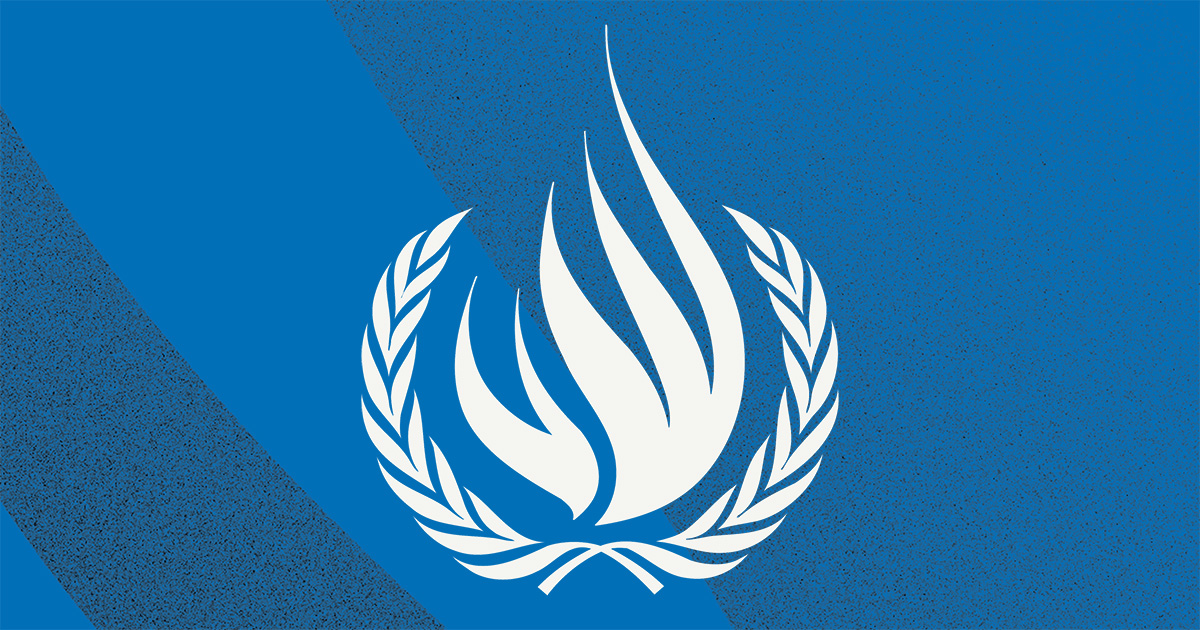
GENEVA (22 March 2022) – The root causes of most violent conflicts are linked to violations of the human rights of minorities, a UN expert told the Human Rights Council today, calling for the mainstreaming of minority issues in conflict prevention efforts at the United Nations.
“Conflicts globally are increasingly intrastate and most involve minorities with grievances of exclusion and discrimination. Even the relatively small number of contemporary interstate conflicts often initially have an underlying tension around the treatment, or perceived weak position and place, of minorities,” said Fernand de Varennes, the UN Special Rapporteur on minority issues.
“Since most contemporary violent conflicts involve aggrieved minorities, strategies to prevent conflicts involving minorities should figure prominently in international, regional and national initiatives and address directly the root causes of exclusion and injustice.
“This would include ensuring equality in access to economic and social opportunities for minorities, their effective political participation and representation, and constructive development of practices and institutional arrangements to accommodate diversity within society: in other words, a mainstreaming and adoption of a human rights approach to contexts of grievances likely to lead tensions and potentially violent conflicts.”
De Varennes pointed out that the UN failed to follow-up on the call of the first Independent Expert on minority issues more than 10 years ago to integrate a human rights strategy to prevent conflicts involving minorities, despite attention to minority rights at an early stage before grievances lead to tensions and violence would save countless lives and promote justice, peace and stability.
“Mainstreaming a human and minority rights framework is necessary to both provide a more effective early warning tool to help prevent violent conflicts and avoid instrumentalization of minority grievances by outside parties,” he said. “The international community must fill the significant gaps in early effective conflict prevention mechanisms that are failing to focus on the main drivers in most contemporary conflicts.”
ENDS









